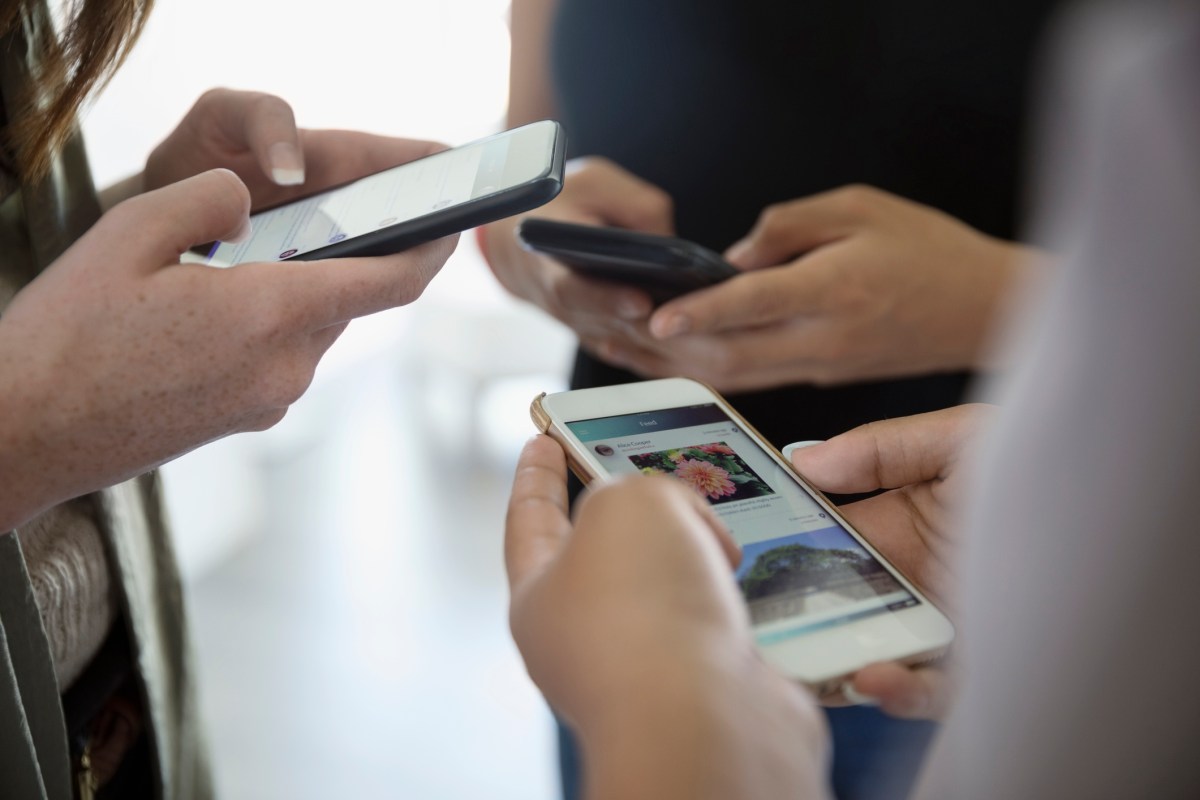A new report from the Human Rights Watch shows that in 2010, a suspected cocaine smuggler bought encrypted BlackBerry devices from an undercover Drug Enforcement Administration agent, which is par for the course. But this time, the DEA held onto the encryption keys, which meant that when the government moved on the smuggler and his alleged collaborators a few years later, they could read the emails and messages that went to and from the phone.
Human Rights Watch also released a 2015 email that shows the DEA expressed interest in using smartphone malware to spy on multiple suspects’ locations. This information, put together, illustrates a potentially chilling practice on the part of the U.S. government to preemptively plant spy devices on suspects, writes Wired.
These practices are not necessarily illegal, but they do raise questions about the boundaries of surveillance and potentially subject non-targets to federal snooping.
Thanks for reading InsideHook. Sign up for our daily newsletter and be in the know.


















